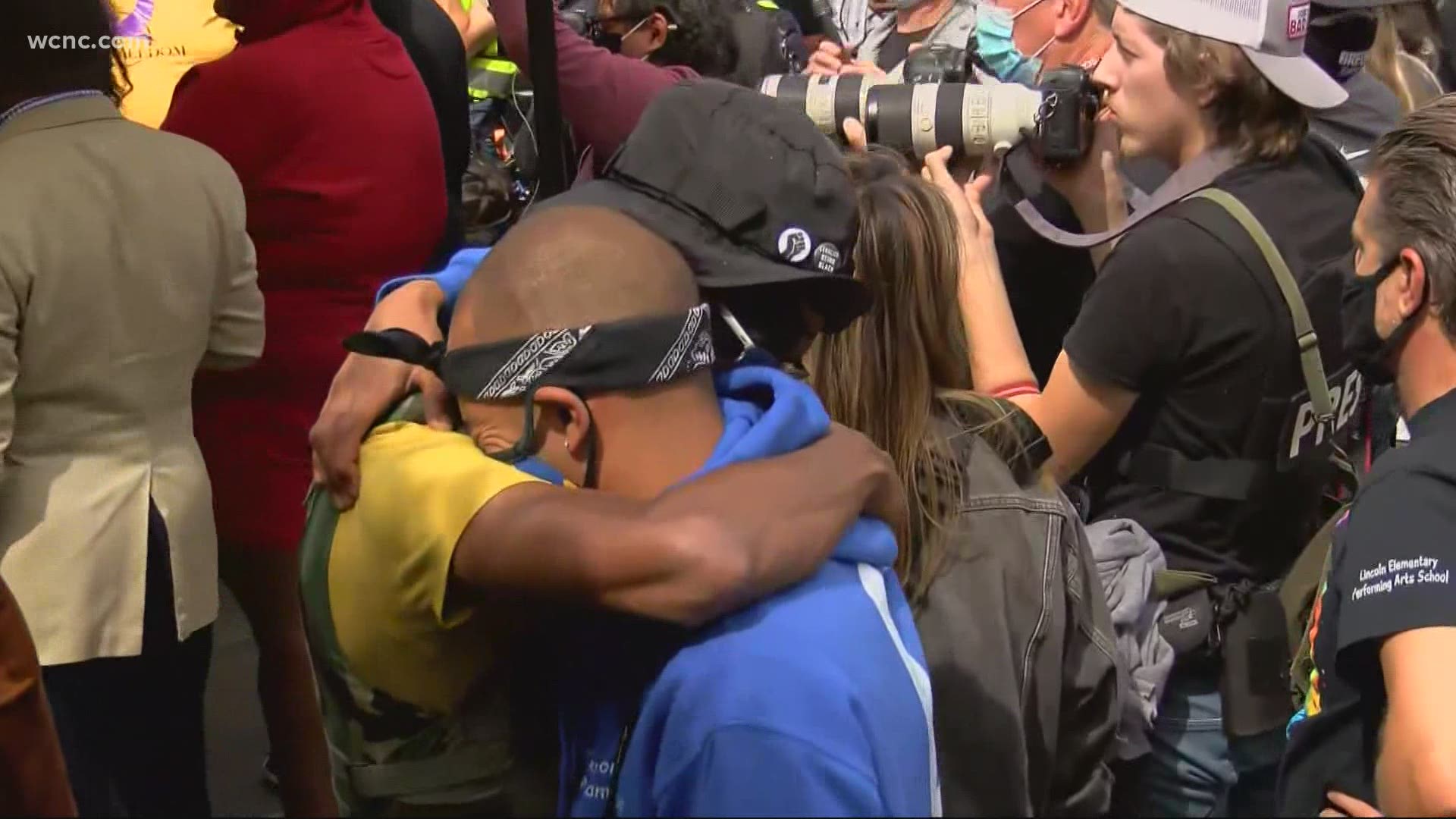CHARLOTTE, N.C. —
All month long we will be celebrating Black History Month at WCNC Charlotte. This week we’re continuing our discussion on healthcare. The past year put a spotlight on Black mental health. Here's a closer look at how the pandemic and racial injustices have impacted the Black community.
From being disproportionately impacted by COVID-19 to protests fighting for equal rights, 2020 has taken a toll on Black mental health, an area that isn’t really talked about in the Black community.
“You keep your business in the family, at home and you do not talk about your business, your feelings about your family and your business outside of the home,” Jacqueline Currie said.
Currie is a Licensed Clinical Mental Health Counselor. She described 2020 as the match that lit the fire.
“It’s bringing up things that happened to us 20 years ago on the playground, at recess. And in passing at school and it’s just igniting traumatic memories,” Currie said.
From the killing of George Floyd to Ahmaud Arbery to Breonna Taylor. Many Black people saw themselves in the victims.
“It just feels a lot more personal when it’s someone who looks like you, is around the same age as you,” Tiarra Chambliss said.
Chambliss said after a temporary job loss due to the pandemic, along with the racial injustices seen in 2020, she was left feeling hopeless.
“As a person who tends to be pretty optimistic, I wasn’t anymore. I was no longer optimistic. I was apathetic, almost borderline hopeless,” Chambliss said.
Nadia Rouson had similar feelings along with fear and anxiety as a soon-to-be mother of two and a wife who became very concerned about her husband’s safety.
RELATED: NC congresswoman continues fight for Black maternal health care, introduces ‘Momnibus’ legislation
“It was fear that I was going to lose him. It was fear that I wouldn’t see him again. Simply because he was just this Black man,” Rouson said.
Rouson said being pregnant during this pandemic has been really hard due to limitations at medical facilities. Her husband has not been able to attend her check-ups along with her.
“The emotional part is knowing that my husband has not heard my son’s heartbeat. He didn’t get to see him on the sonogram when we went to find out what it was,” Rouson said.
And while Chambliss and Rouson have both found ways to cope.
“I turned to yoga and meditation and journaling and long walks. Those were my saving grace,” Chambliss said.
“Going outside is a big thing whether that’s just kinda walking in the neighborhood,” Rouson said.
Like many Black people, crossing over into a new year doesn’t mean the stress and anxiety go away.
“We just have to be graceful, we have to be accepting and we have to come from a place of yes and a place of love,” Currie said.

